Anambra State Police Stand Against Biafra Day Celebrations
The Anambra State Police Command has announced a firm stance against any commemorations of Biafra Day on May 30, 2024. This declaration comes on the heels of pronouncements made by the proscribed Indigenous People of Biafra (IPOB), which had called for a complete lockdown in the Southeast to honor the fallen Biafra heroes. These threats have fueled concerns over potential disruptions and violence in the region.
The Police Public Relations Officer, SP Tochukwu Ikenga, has made it abundantly clear that there will be no enforced stay-at-home orders in the state. Ikenga emphasized that citizens should carry on with their daily routines without fear, assuring them that the police and other security agencies have mobilized resources to ensure the safety and security of everyone in Anambra State.
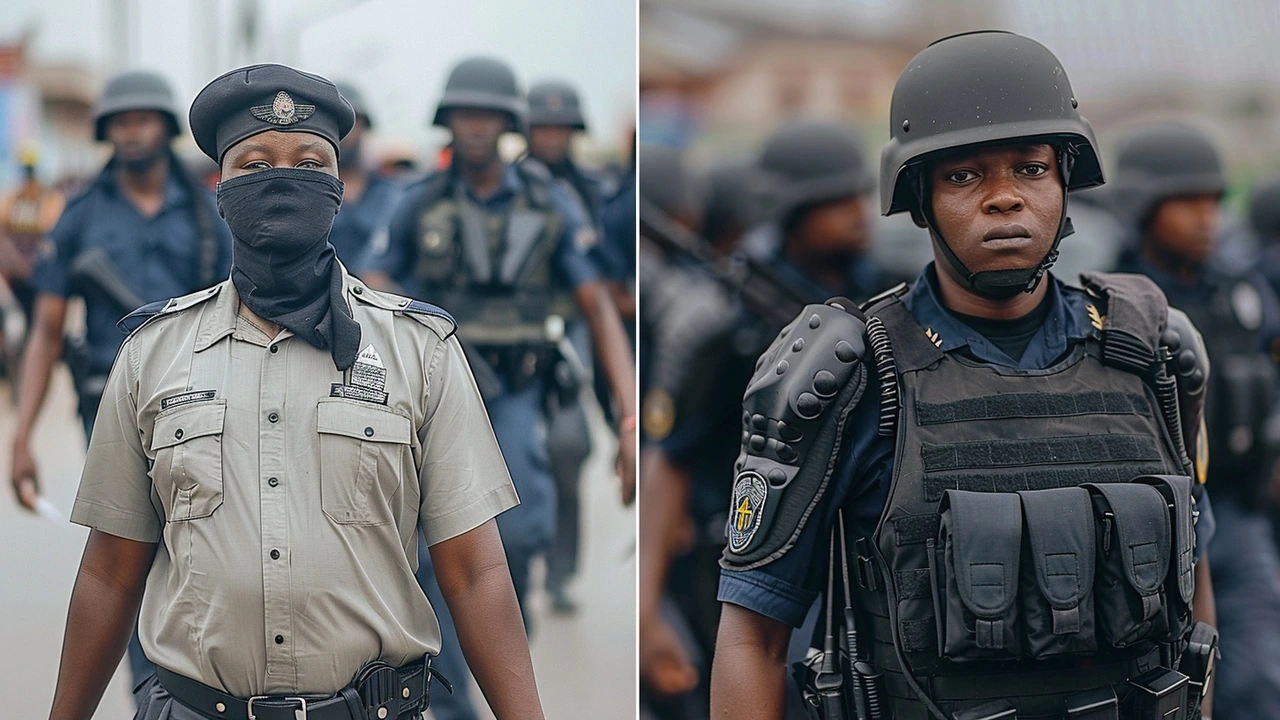
Security Measures in Place
The Police Command has mobilized significant law enforcement resources to counter any attempts to enforce the illegal sit-at-home directive issued by IPOB. CP Nnaghe Obono Itam, the Commissioner of Police, has reinforced that the primary concern of the Police Command is the safety and security of the people. He expressed confidence in the preparedness of the police force and other security agencies to tackle any threats that may arise on the said date.
Recent Security Incidents
The recent interception of a gang of four armed men along the Oba flyover in Idemili South provides a glimpse into the security challenges the state is currently grappling with. Although one miscreant was apprehended during the incident, the remaining three managed to escape with bullet wounds. This event highlights the ongoing efforts and vigilance required to maintain peace and order in the region.
SP Tochukwu Ikenga urged residents to disregard the IPOB-announced sit-at-home order and assured the public that going about their normal routines is safe. “The police and sister security agencies are on the ground to ensure the safety of the people and the protection of their properties,” Ikenga stated. The command insists that any form of disturbance or attempt to disrupt the peace will be met with a strong response from law enforcement.
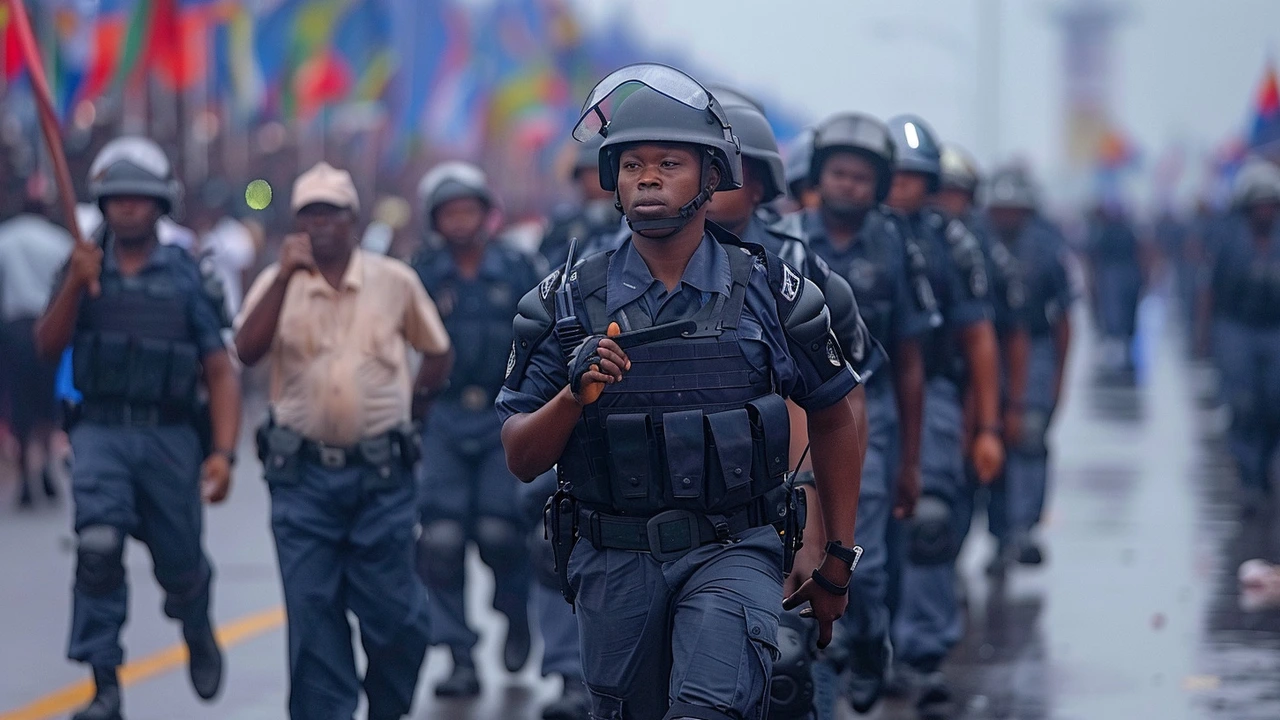
IPOB's Role and Government Response
IPOB, a separatist organization seeking the secession of Biafra from Nigeria, has been a recurring source of tension in the Southeast region. The Nigerian government banned IPOB in September 2017, designating it a terrorist organization due to its involvement in violent activities and attempts to destabilize the region. Despite the ban, IPOB has continued to garner attention through its various directives, including the call for annual Biafra Day celebrations on May 30.
Historically, May 30 marks the declaration of independence by the short-lived Republic of Biafra in 1967, which led to a three-year civil war in Nigeria. The day is observed by IPOB and its supporters to remember those who perished during the conflict. However, the government's position remains firm that such commemorations must not disrupt public order or incite violence.
The forthcoming Biafra Day has once again put the region on high alert. The Anambra State government's approach emphasizes the need for peace and lawful behavior, urging citizens to reject any incitement to disrupt daily life.
Citizens' Reaction
As the state braces itself for May 30, the public's response has been mixed. Some residents support the police's directive to go about their businesses, appreciating the assurance of safety. However, there are those who remain cautious, wary of potential clashes between law enforcement and IPOB supporters. The situation remains fluid, with the potential for tensions to heighten as the date approaches.
Community leaders and local influencers have embarked on sensitization campaigns to inform the populace about the importance of adhering to the police's instructions. These efforts aim to reduce fear and encourage citizens to sustain normalcy on Biafra Day.
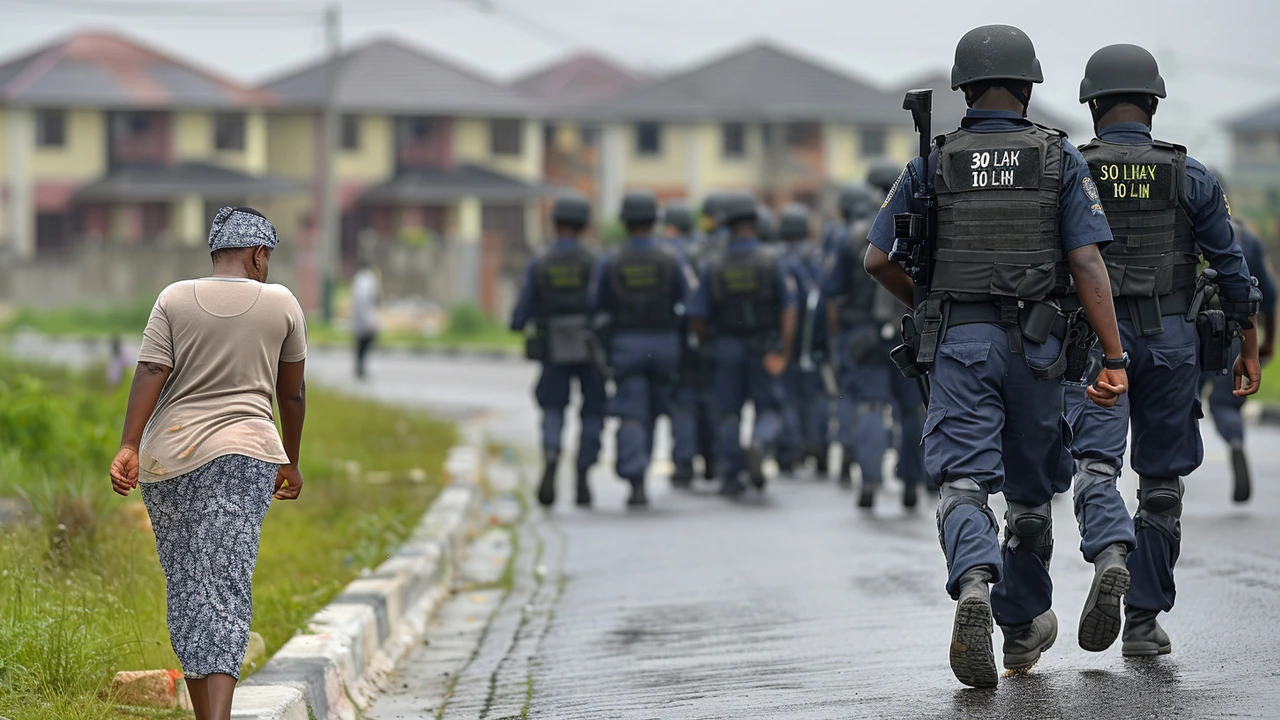
The Importance of Peace and Security
The essence of peaceful commemoration lies at the heart of the Anambra State Police Command's directive. The police reiterate that while the remembrance of historical events is a right, it must be conducted within the bounds of the law and without jeopardizing public safety. The command’s proactive measures are designed to preempt any disruptions and provide a secure environment for all residents.
In conclusion, the Anambra State Police Command's warning against Biafra Day celebrations on May 30, 2024, reflects the broader commitment to maintaining law and order in the face of potential threats. By mobilizing security resources and reassuring the public, the authorities aim to uphold peace and safety, ensuring that the day passes without incident. The citizens' cooperation and trust in the security agencies will be pivotal in navigating this sensitive period.

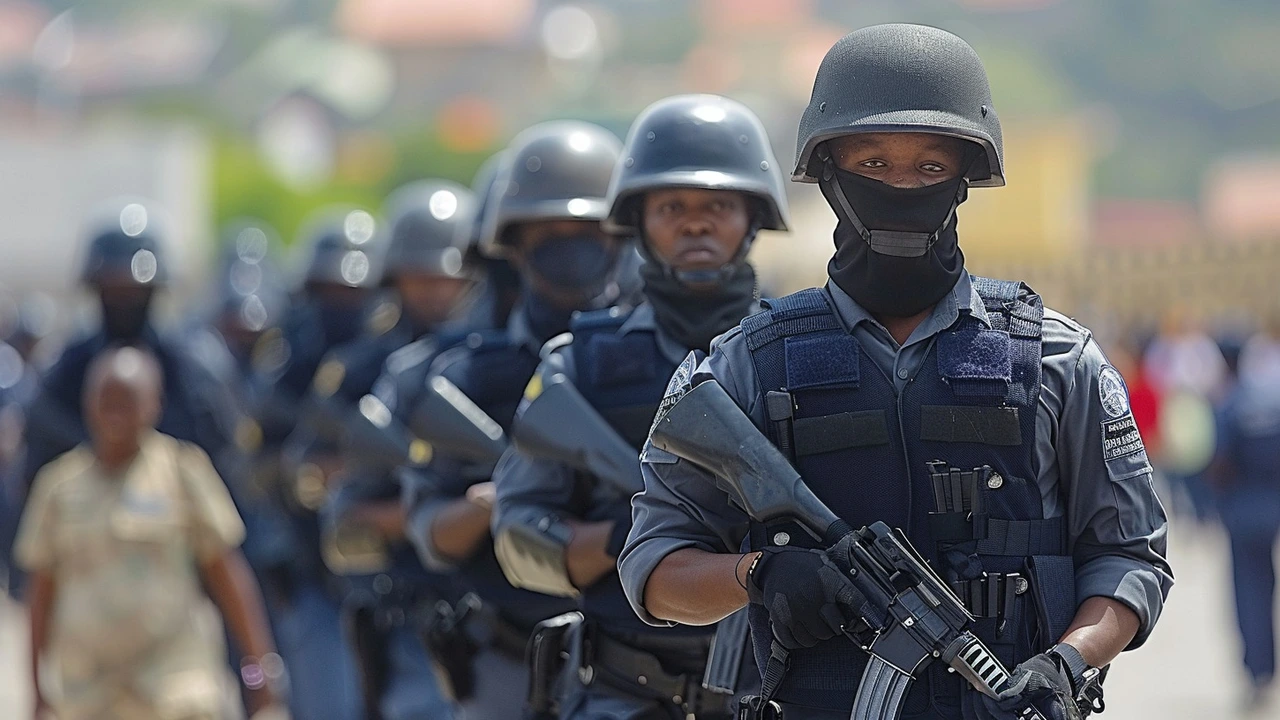




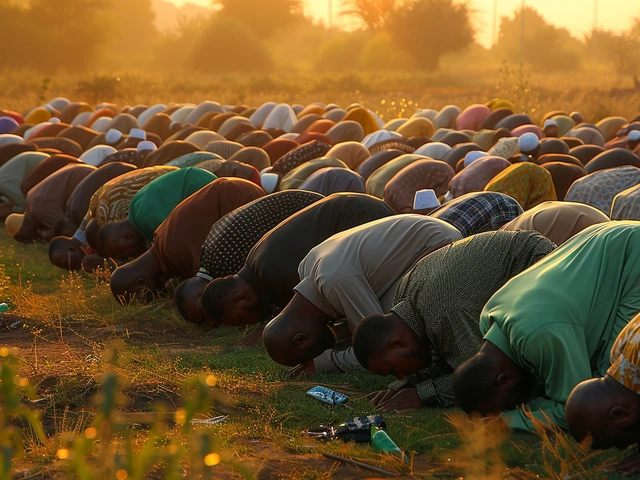
13 Comments
Security presence matters; citizens should stay calm and continue their day.
We cannot tolerate any secessionist shenanigans; the state's integrity is non‑negotiable, and law‑enforcement must crush any insurgent propaganda with decisive tactical force.
The narrative you push reeks of extremist reverence; glorifying chaos only fuels division and undermines genuine national cohesion.
Yo, let’s keep the streets safe and the vibe chill – police doing their thing means we can all hustle without drama
We all gotta stick together and keep it movin, no need for fear – stay positive and do ur thing
Totally agree! 🌟 Keep doing your daily grind, the squad’s got our backs, stay safe and enjoy the day! :)
The police directive aims to preserve public order while respecting citizens’ rights; adherence will ensure a tranquil environment for all.
Exactly, the presence of security units provides a deterrent against unlawful sit‑ins; feel free to carry on with confidence 😊
Oh sure, because nothing says “peaceful day” like troops on every corner, right? The drama is practically starring in its own reality show.
More police, less trouble.
The situation in Anambra is a textbook case of how state apparatuses manipulate public perception to mask deeper sociopolitical fractures.
While officials trumpet their readiness, they conveniently ignore the legitimate grievances that fuel movements like IPOB.
One must ask why security forces are deployed with such extravagance when the underlying narrative of marginalization remains unaddressed.
The rhetoric of “peaceful commemoration” is nothing more than a veneer for an authoritarian impulse to suppress dissent.
Historical memory of the Biafran war is not a mere footnote; it is a living trauma that continues to shape identities.
By prohibiting Biafra Day, the government pretends to champion unity while simultaneously erasing a community’s right to mourn.
This paradoxical stance underscores a chronic inability to engage in genuine dialogue with the aggrieved populace.
Moreover, the narrative that any celebration inevitably leads to violence is a self‑fulfilling prophecy engineered by heavy‑handed policing.
The presence of armed officers on streets creates an atmosphere of intimidation that can easily spark the very unrest they claim to prevent.
It is also worth noting that the media’s selective coverage sanitizes the state’s coercive tactics, leaving the public poorly informed.
The so‑called “security measures” often balloon into human rights violations under the guise of public safety.
Citizens are thus placed in a catch‑22: obey the directive and surrender symbolic expression, or resist and risk brutal repression.
This dilemma reveals the fragile foundation upon which the current peace is built, relying more on coercion than consensus.
In the long run, such policies will only deepen alienation and embolden extremist rhetoric on all sides.
Therefore, a sustainable solution must involve transparent governance, inclusive historical reckoning, and a genuine commitment to dialogue rather than mere display of force.
Obviously the authorities are playing a high‑stakes game of optics, deploying theatrics to mask systemic neglect and perpetuate a narrative of absolute control.
One cannot help but feel we are actors upon a stage of perpetual crisis, where every proclamation of safety becomes a soliloquy echoing through a hollow auditorium of fear.